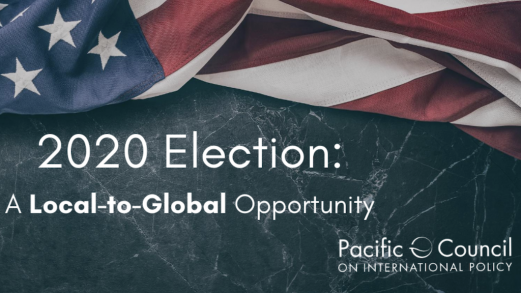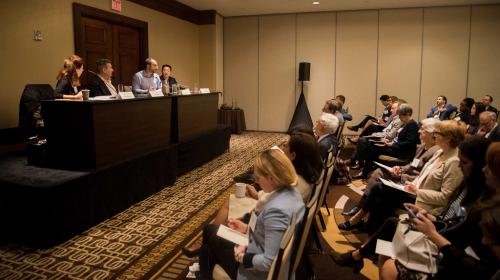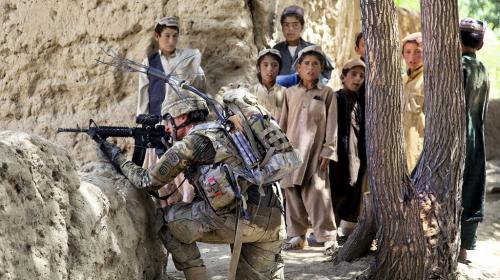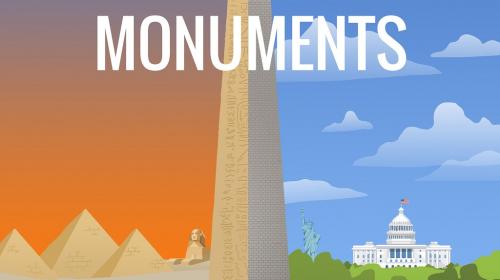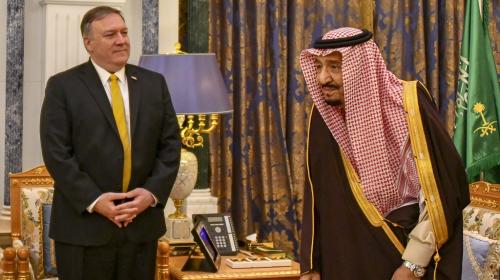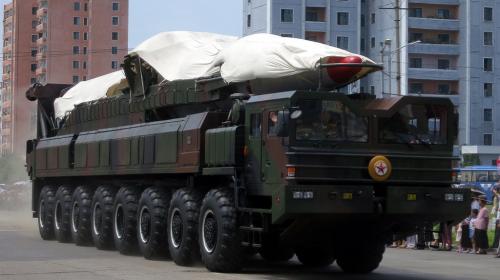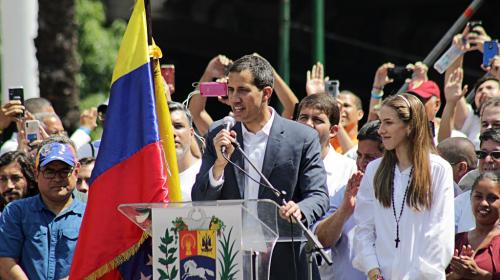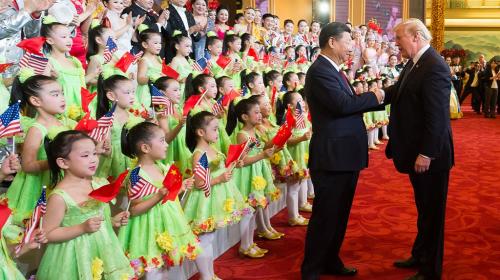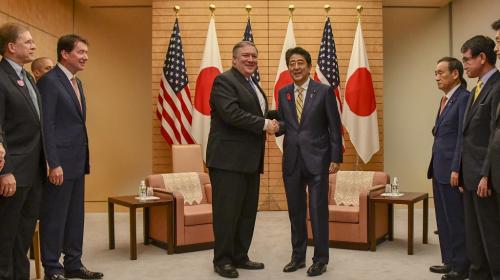The Pacific Council has launched a new platform for our member-written commentary and analysis. We are unveiling the Pacific Council Magazine, where you can find pieces written by our members on local-to-global topics, plus member spotlights and recaps and recordings from our events. Bookmark the new Pacific Council Magazine at pacificcouncil.online.
All previously published Newsroom articles are available below in the Newsroom Archive.
Please note that all upcoming events will still appear at our main website, pacificcouncil.org, or by visiting the Activities menu above.




